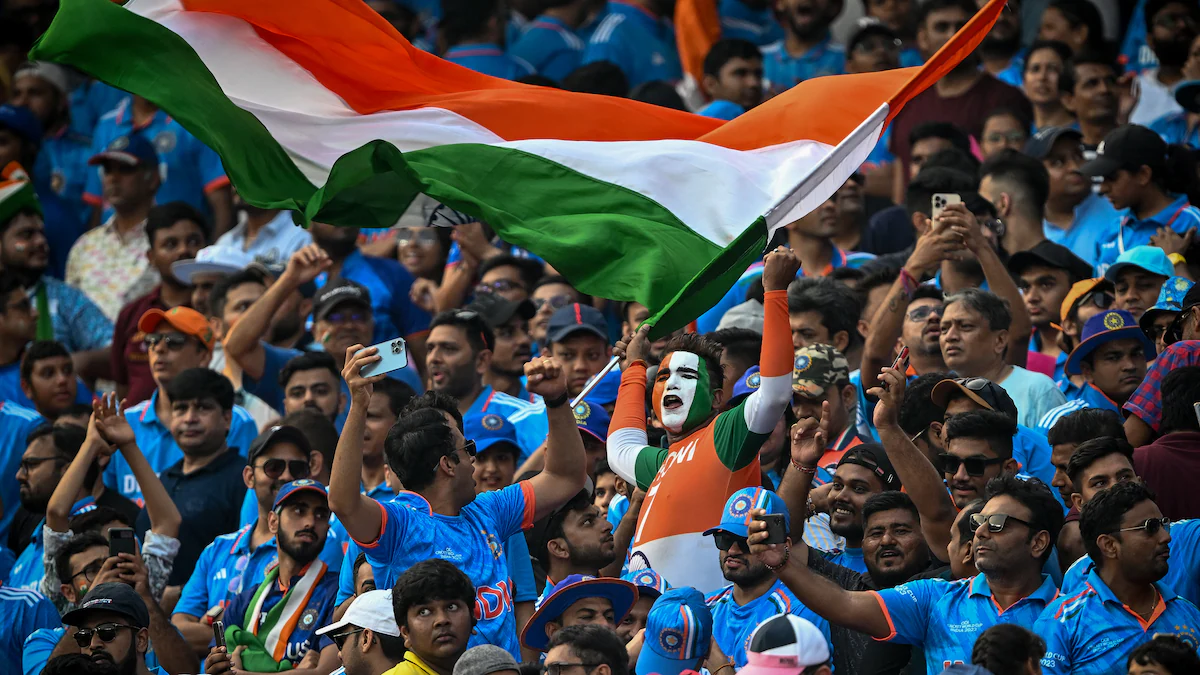India’s Antitrust Concerns Over Disney-Reliance $8.5 Billion Merger, Focus on Cricket Broadcast Rights

India’s antitrust body, the Competition Commission of India (CCI), has raised concerns that the proposed $8.5 billion merger between Reliance and Disney’s media assets could harm competition, particularly due to their potential dominance over cricket broadcast rights. This merger, aimed at creating India’s largest entertainment conglomerate, has sparked fears over pricing power and control over advertisers in a market where cricket is a highly lucrative sport.
The CCI has privately informed Disney and Reliance of its concerns, specifically highlighting the significant influence the merged entity would wield over cricket broadcasting, a sport deeply embedded in Indian culture and commanding substantial viewership and advertising revenue. The merged company, majority-owned by Mukesh Ambani’s Reliance, would control the broadcast rights for major cricket leagues, including the Indian Premier League (IPL), one of the world’s most valuable sports properties.
This development represents a significant obstacle for the merger, which was announced in February 2024. The CCI has given the companies 30 days to respond and justify why an investigation should not be launched. The primary concern is that the merger could lead to increased advertising rates during live cricket events, given the merged entity’s potential 40% share of the advertising market in TV and streaming segments.

In response to earlier queries from the CCI, Reliance and Disney proposed selling a small number of television channels to alleviate concerns about market dominance. However, they refused to concede on cricket broadcasting rights, arguing that these rights, set to expire in 2027 and 2028, cannot be sold without approval from the Board of Control for Cricket in India (BCCI), which could further delay the merger process.
The situation echoes a similar scenario in 2022 when Zee and Sony planned a $10 billion merger. The CCI had also issued a warning due to concerns over market dominance, particularly in the sports broadcasting sector. Although Zee and Sony offered concessions, including selling three TV channels, the merger ultimately collapsed.
As the situation develops, the CCI’s notice could delay the approval process for the Disney-Reliance merger, potentially leading to more stringent concessions. The outcome will likely hinge on how the companies address concerns related to their potential dominance over cricket broadcasting and its impact on competition within the Indian media and advertising markets.




















